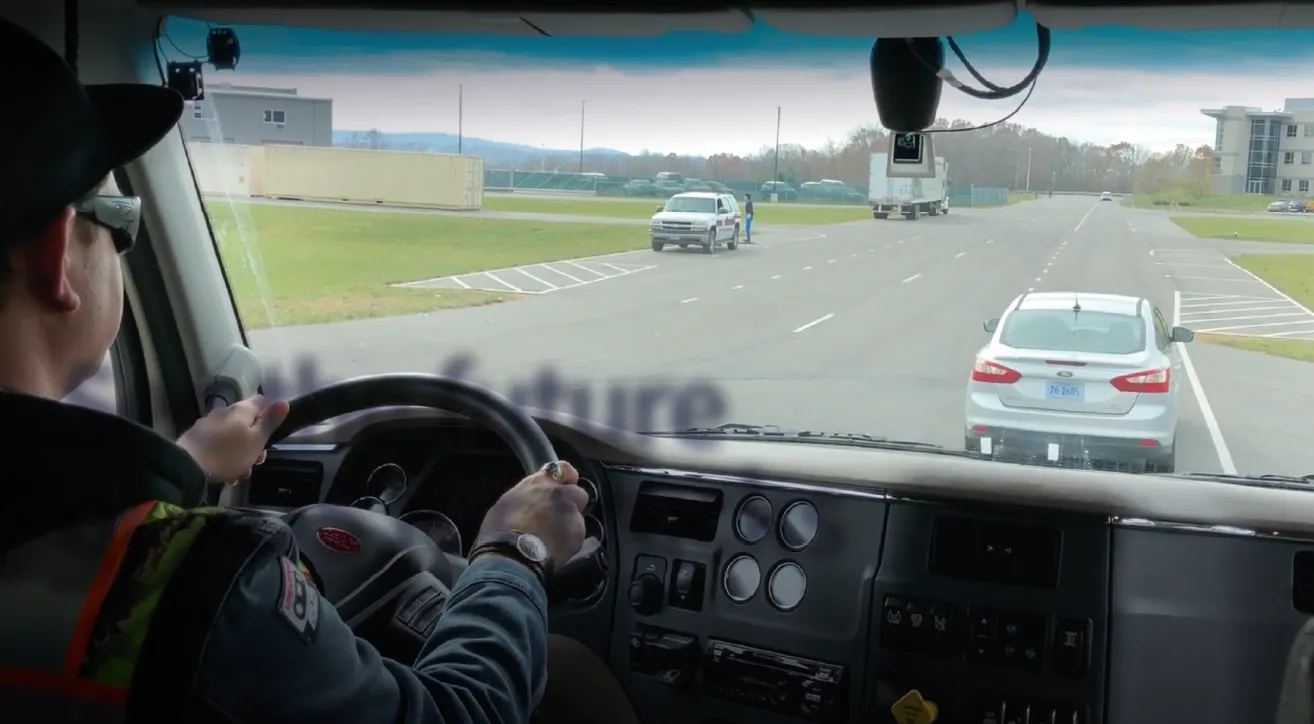Dublin-based
Aptiv says the joint venture will begin testing fully autonomous systems in 2020 and have an autonomous driving platform available for robo-taxi providers, fleet operators and automotive manufacturers in 2022.
As part of the deal, Aptiv is dedicating around 700 employees to develop AV solutions. Hyundai and its affiliates Kia Motors and Hyundai Mobis will invest $1.6bn into the joint venture and contribute $400m in vehicle engineering services and R&D resources.
Aptiv CEO Kevin Clark says the partnership will help the company develop “advanced driver assistance systems, vehicle connectivity solutions and smart vehicle architecture”.
Aptiv’s autonomous mobility team will lead the joint venture from Boston, with technology centres across the US and Asia. A centre in Korea will serve as a base for vehicle modification and a testbed for autonomous driving platforms.
Aptiv and Hyundai to develop AV tech
Dublin-based Aptiv has partnered with South Korean automotive manufacturer Hyundai Motor to develop SAE Level 4 and 5 autonomous vehicle (AV) technologies.
Aptiv says the joint venture will begin testing fully autonomous systems in 2020 and have an autonomous driving platform available for robo-taxi providers, fleet operators and automotive manufacturers in 2022.
As part of the deal, Aptiv is dedicating around 700 employees to develop AV solutions. Hyundai and its affiliates Kia Motors and Hyundai M
September 27, 2019
Read time: 1 min









